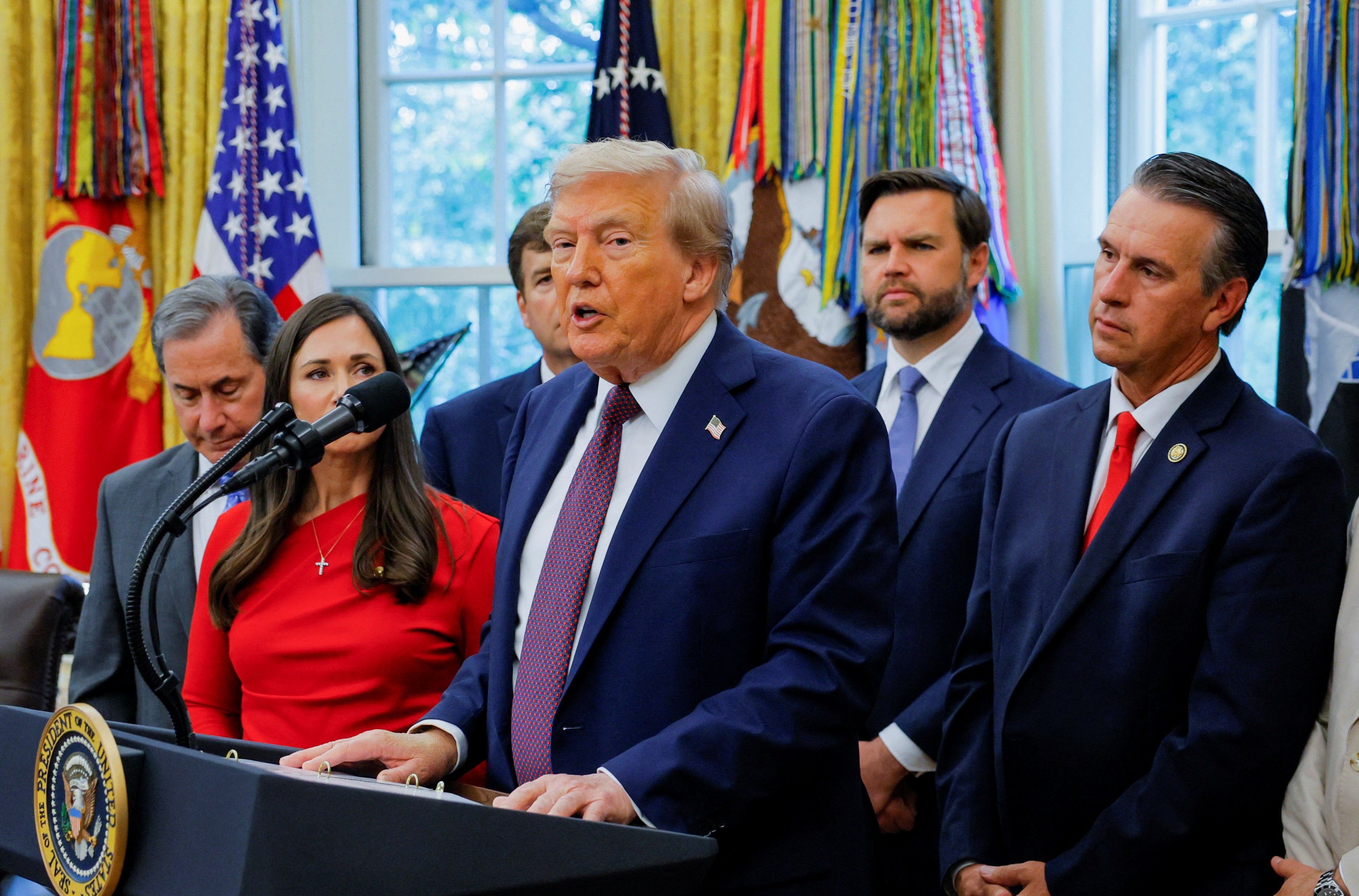The U.S. military attacked a “drug-carrying boat” after it departed from Venezuela, according to President Trump, who recently surged American troops to the southern Caribbean in what he says is an effort to fight drug trafficking.
A senior U.S. defense official confirmed the attack in a statement to Responsible Statecraft, describing the operation as a “precision strike against a drug vessel operated by a designated narco-terrorist organization.” In a post on Truth Social, Trump claimed that the strike killed 11 members of Tren de Aragua, a Venezuelan gang that the U.S. says is controlled by Venezuelan President Nicolas Maduro. Trump added that the attack took place in international waters.
The strike represents a serious escalation of Trump’s ongoing conflict with Latin American criminal organizations. As a candidate, Trump promised to use military force against Mexican cartels, and since taking office, he has designated multiple Mexican cartels and Venezuelan gangs as foreign terrorist organizations, a designation that includes groups like al-Qaeda and ISIS.
Tuesday’s operation comes amid furious speculation over why Trump has surged U.S. forces to the southern Caribbean, including roughly 4,000 soldiers, seven warships and a nuclear submarine. Some observers frame the surge as a symbolic show of force, noting U.S. statistics showing that the vast majority of cocaine flowing to the United States from South America comes through the Pacific rather than the Caribbean. Maduro described the deployment as an “absolutely criminal and bloody threat” to his government. Military analysts, for their part, say that the relatively small size of the troop surge makes a full-scale invasion unlikely, though the force would be more than large enough to continue operations like the one carried out on Tuesday.
It remains unclear what legal authority the U.S. is using to justify the attack. Last month, the New York Times reported that Trump “secretly signed a directive” that authorized the military to target cartels, but Congress has yet to pass an authorization for the use of military force.
U.S.-Venezuela tensions have grown in recent months as Trump has increased pressure on Maduro by designating him as a terrorist under U.S. law and putting a $50 million bounty on his head.
The attack comes as Secretary of State Marco Rubio travels to Mexico this week, where he will meet with high-level officials to discuss drugs and immigration. The possibility of U.S. airstrikes against Mexican cartels will loom over those conversations, with Tuesday’s attack highlighting America’s willingness to opt for military force.
Many military experts argue that bombing the cartels is an ineffective approach to stopping the flow of fentanyl into the U.S. “If the objective is to bomb the cartels into submission or convince them to stop producing and shipping drugs across America’s southern border, then an air campaign will fall flat,” argued Dan DePetris in a recent article for Responsible Statecraft, citing America’s failed efforts to destroy poppy farms in Afghanistan in order to cut off the Taliban’s drug revenue.
- US non-profits 'in the tank' for Exxon, Chevron over Venezuela oil ›
- Trump's Latin American sticks could end up stuck in his spokes ›
- Grenell vs. Rubio: Team Trump's competing Latin America visions ›
- Why is Congress MIA on looming Venezuela war? | Responsible Statecraft ›
- Spineless Congress outdoes itself on Caribbean strikes | Responsible Statecraft ›
- Will Trump really attack Venezuela? | Responsible Statecraft ›

















